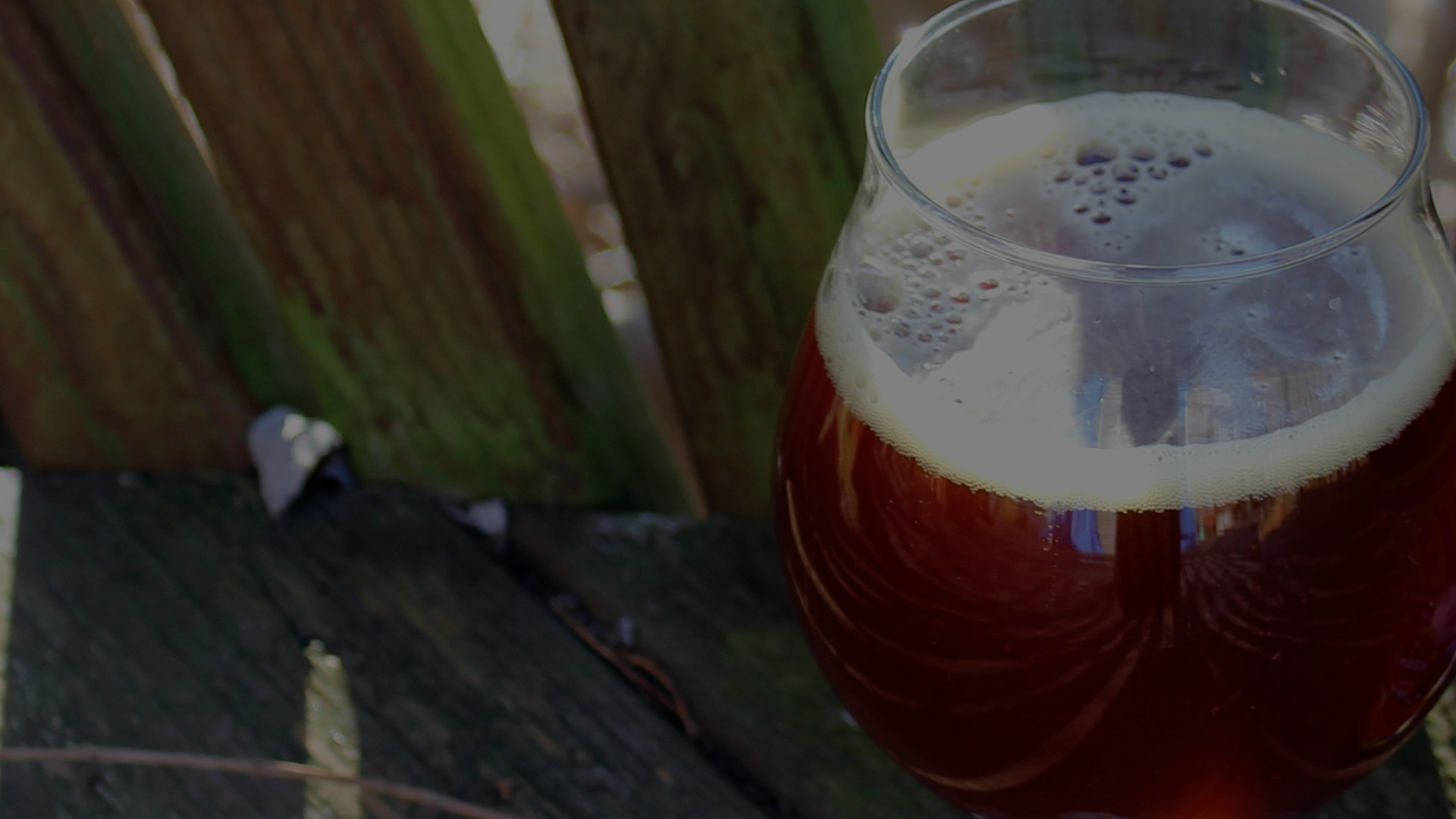The Brewers of Pennsylvania brought together some respected names in craft beer for the 2019 Meeting of the Malts in Hershey, Pennsylvania on April 25.
The highlight of the evening was the craft beer panel discussion, focused on expanding customer base and the importance of innovation. The panel members included Bryant Goulding of Rhinegeist Brewery, Shaun O’Sullivan of 21st Amendment Brewery, John Trogner of Tröegs Brewing Company, Wendy Yuengling of D.G. Yuengling, and Garrett Oliver of Brooklyn Brewery.
Read Full Coverage of Meeting of the Malts 2019
Oliver, who is also the author of The Brewmaster’s Table and a James Beard Award winner, admitted to making beers inspired by wines and cocktails, but emphasized, “I make beer.”
Following the panel, I had the chance to talk with Oliver in more detail about the importance of innovation, staying true to your passion, trends in beer, and the future of the industry.
During the panel, Oliver stated, “brewery religion is tested by real life.” He elaborated on that statement:
“The religion of the brewery is the thing that made you want to be a brewery in the first place. When you look at yourself in the mirror, you have to be proud of the person that’s looking back at you, and you have to be proud to tell your customers every last thing that you do.”
“If there’s anything you do at your brewery that causes you a winse of embarrassment, that is the first sign that you’ve gone down the wrong path. We all have to face those moments.”
Brooklyn Brewery once brewed a variety of Belgian styles, however they are not as popular now. The question becomes, keep them and wait for them to become popular again, or look at the marketplace?
“Everything changes over a time, so I think that just knowing where your brewery religion sits is important for everybody so they actually have an ethos that they’re standing behind. Because if you have no ethos, then how can you be a craft brewer?”
Breweries need to consider, however, how to make money and how to please the consumer. What does the consumer want, anyway?
“The consumer doesn’t know what the consumer wants until we put it in front of them. Nobody said to us, ‘we really are just dying for sour beer’ before we made Bel Air, but it’s probably this year going to become our number two seller.”
Bel Air Sour is a tart, sour ale that Brooklyn Brewery recently relaunched as a permanent staple. The 5.8% ABV brew started as a limited release and quickly became popular with its bright, tropical notes.
“The important thing really is to brew the things that you want to drink. Brew the things that you are proud to brew.”
Oliver continued to say that hopefully your friends, family, and consumers will like it. A sentiment that many brewers worry about.
“If you ask the question, what does the market want? The question always gets the same answer. Budweiser. McDonalds. The lowest common denominator.”
Craft brewers don’t settle for the lowest common denominator. Craft brewers want to elevate the craft and innovate the industry.
“In order to actually be innovators, you have to pay some attention to your own sensibilities and then bring other people along.”
Oliver pointed out that’s what sour beer producers did in the United States. No one was asking for sour beers, and no one was asking for juicy IPAs either.
“I think there’s a danger for craft brewers in driving out all the great influences that we had in the past from Europe.”
Many breweries in the United States, including Brooklyn Brewery, once brewed a variety of saisons, Belgian golden beers, and trappist beers.
“These were very popular at one time. Now, I don’t even really see any of these beers anymore. They’ve been replaced by a monoculture, and I think putting all of our eggs stylistically in one basket can turn out to be, in the end, a tough idea.”
“People do change their moods and their flavors. Everything does move through in fashions.”
So, what does that mean for the industry moving forward?
“I think there will always be beers of the New England IPA type, but if we think that’s going to be the most popular type of beer in these places in five years, we’re not paying attention to the last thirty years of craft brewing history.”
“It’s boring to go into a place where you used to see maybe twelve different varieties of beer and now you see twenty taps of New England IPA and a couple other things. It’s just boring.”
Cheers to craft beer. Cheers to innovation, a strong brewery ethos, and a diverse taplist.






